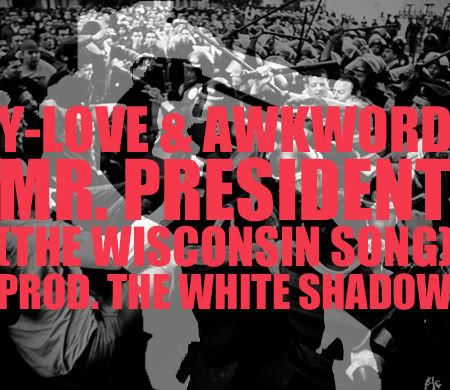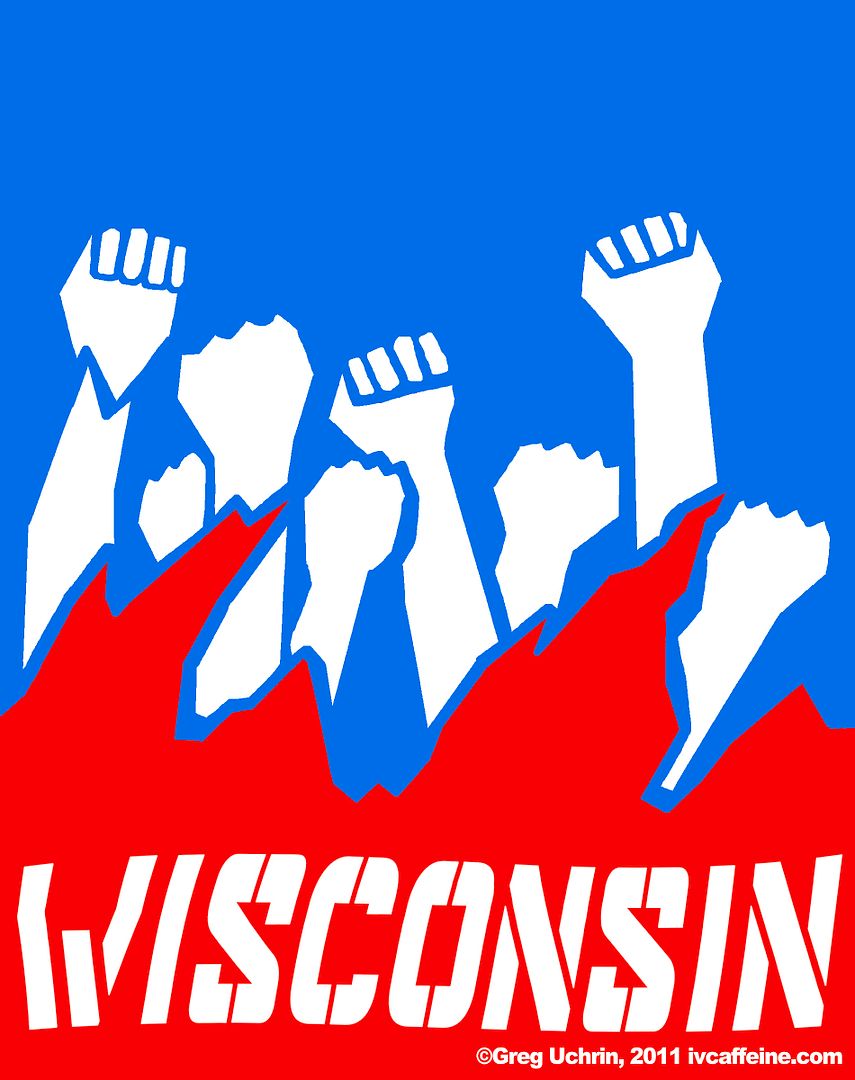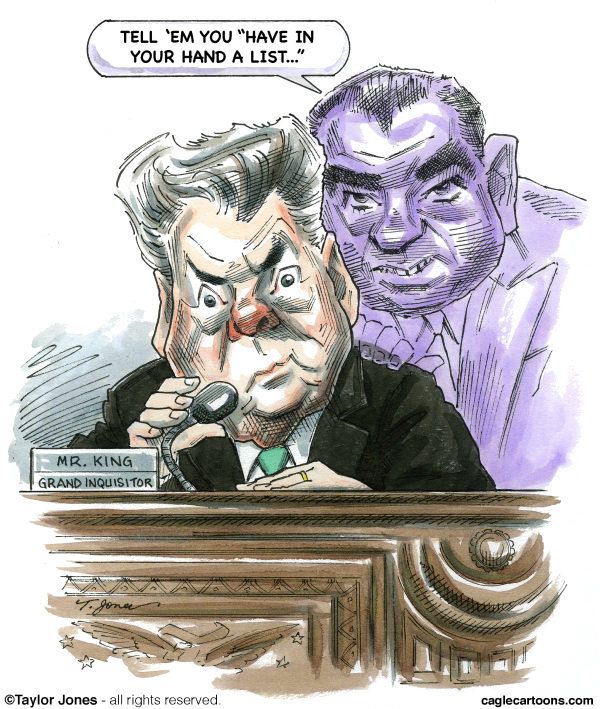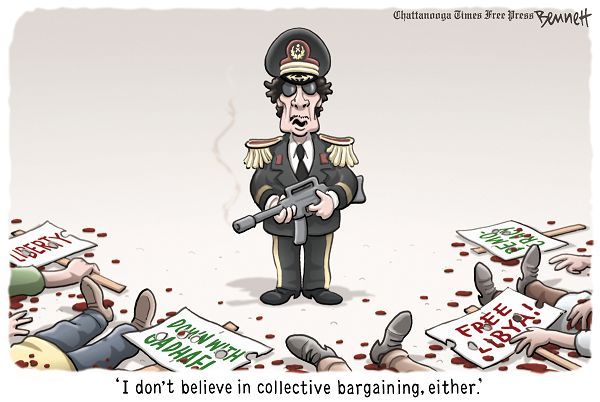Today we mark the anniversary of two tragic fires that occurred in New York City. In 1911, the Triangle Shirtwaist Factory fire claimed 146 lives. On the same date 79 years later in the Bronx borough of New York City, the Happy Land fire killed 87 people, the most deadly fire in the city since …
Tag: labor unions
Mar 25 2021
Two Fires That Sparked Major Changes
Today marks the anniversary of two major fires in New York City fire and work place regulations. The Triangle Shirtwaist Factory fire claimed 146 lives. and on the same date 79 years later in the Bronx borough of New York City, the Happy Land fire killed 87 people, the most deadly fire in the city …
Mar 25 2020
Two Tragic Fires That Sparked Major Changes
Today we mark the anniversary of two tragic fires that occurred in New York City. In 1911, the Triangle Shirtwaist Factory fire claimed 146 lives. On the same date 79 years later in the Bronx borough of New York City, the Happy Land fire killed 87 people, the most deadly fire in the city since …
Mar 25 2017
Two Tragic Fires That Sparked Major Changes
Today we mark the anniversary of two tragic fires that occurred in New York City. In 1911, the Triangle Shirtwaist Factory fire claimed 146 lives and 79 years later, in 1990, the Happy Land fire killed 87 people, the most deadly fire in the city since 1911. The Triangle Factory fire lead to major changes …
Mar 25 2016
Two Tragic Fires That Sparked Major Changes
Today we mark the anniversary of two tragic fires that occurred in New York City. In 1911, the Triangle Shirtwaist Factory fire claimed 146 lives and 79 years later, in 1990, the Happy Land fire killed 87 people, the most deadly fire in the city since 1911. It’s believed that the factory, which had four …
Jan 23 2014
The Case That Threatens Labor Unions
Cross posted from The Stars Hollow Gazette
Arguments in a case that threatens the ability of labor unions for public employees to organize, were heard before the Supreme Court this week.
For more than a half-century, the Supreme Court has upheld requirements that non-union workers pay a part of usual union dues assessed by a labor organization (which has a legal duty to represent them, too). That began with private-sector workers, and was then extended to public employees, when union organizing is allowed in that sector. But the extension of that approach to public workers is being challenged directly in a new case the Supreme Court has agreed to decide.
For public employee unions, the most important and enduring precedent in favor of shared financial responsibility for a union’s collective bargaining activity is the Court’s 1977 decision in Abood v. Detroit Board of Education. A group of home-care providers in Illinois, who do not want to belong to a union or to pay dues, and do not want a union to speak for them, have asked the Court to overrule the Abood decision if it means they must yield in their opposition.
When a union is named as the bargaining agent for a group of workers, it is under a legal duty to represent all the workers, including those who refuse to join. Under what is called the “agency shop” theory, all workers are not required to join the union, but they are required to pay through their dues a “fair share” of the union’s costs in representing them in bargaining over benefits and working conditions.
The Supreme Court has made clear, though, that the non-union members cannot be required to pay any part of a dues assessment that would cover the union’s political or ideological activity, to which those workers may (and often do) object. Forcing them to do so, the Court has said, would violate their First Amendment rights.
During the arguments, the justices were divided along some unusual lines:
The mood of the Court’s more liberal members was one of obvious trepidation, and that of its more conservative members – except for Justice Scalia – was of apparent eagerness to reach anew the core constitutionality of compulsory union support among public workers. [..]
The hearing Tuesday had only gone for couple of minutes when a lawyer for the National Right to Work Legal Foundation, William L. Messenger, was urging the Court to overrule Abood, and thus drawing heavy questioning from more liberal Justices, like Ruth Bader Ginsburg and Sonia Sotomayor, and, soon, Justice Elena Kagan.
What would turn out to be potentially decisive, though, was the Justice Scalia appeared determined to take away from Messenger his basic argument that public employee union activity is more about shaping public policy – with implications for the First Amendment – than about the traditional union role of seeking to improve the working conditions of those it represents. [..]
The home-care workers, their lawyer contended, were being coerced into financial support for a public employee union that wants to “petition the government” in their place, but in ways that some of those workers might well oppose.
That argument, though, would quickly gain the energetic support of Justice Anthony M. Kennedy, who repeatedly made an effort to push the whole argument up to the highest level of constitutional philosophy about protecting the diversity of views about what government policy should be. [..]
The trend of the argument with Messenger at the lectern appeared to have alarmed Justice Kagan, who said that what was being discussed was “a radical restructuring of the way workplaces are run” throughout the country. She noted the “passion and heat” now spreading across the country – as, for example – in Wisconsin, over the role of public employee unions. She wondered if it was “fair” to suggest that Messenger was actually arguing that a “right-to-work law [that is, no compulsory union support) is constitutionally compelled.” [..]
The questioning – explicit and implicit – of the Abood precedent was interrupted from time to time by questions from Chief Justice John G. Roberts, Jr., who seemed to be focused primarily on whether or not this case involved who decides the pay scales of home-care workers – state officials or federal managers of the Medicaid program for the poor and disabled. It was not clear where Roberts would be on the more basic question of public employee representation.
George Washington University Professor Jonathan Turley discusses with Alex Wagner, host of MSNBC’s “Now,” the case, which could destroy a union cornerstone: the ability to negotiate higher pay and benefits.
In his Washington Post opinion, Harold Meyerson sees the potential for the court to further align itself against the have-nots and the consequences for unions and workers:
If workers can benefit from contracts without paying even what it costs the unions to secure those contracts, those unions would suffer revenue declines that could render them toothless. Once their unions lost power, home-care givers – a group that is overwhelmingly female, disproportionately minority and almost universally poor – would be highly unlikely to get any more raises. Turnover rates within the care-provider workforce would surely rise.
Such a reconsideration could be of even greater consequence if Alito & Co. go further and rule that no member of a public-employee union should be required to pay the dues that go to securing his or her contract. With the decline of private-sector unions, public-employee unions have become the preeminent organizers of voter mobilization campaigns in working-class and minority communities, the leading advocates of immigration reform, the foremost lobby for raising the minimum wage and the all-around linchpin of the modern Democratic Party. A sweeping, party-line ruling by the five conservative justices in Harris could significantly damage the Democrats.
Whatever its effect on the nation’s partisan balance, a ruling that neuters the organizations that poor, working women have joined to win a few dollars an hour more would put a judicial seal of approval on the United States’ towering economic inequality. Well into the New Deal, the Supreme Court consistently overturned laws that enabled workers to win higher wages, helping to delay the advent of the middle-class majority that emerged after World War II. It now has the option to speed that middle class’s demise.
Apr 09 2011
The Week in Editorial Cartoons – The New Wisconsin Workers Anthem
Crossposted at Daily Kos and The Stars Hollow Gazette
|
Mar 26 2011
The Week in Editorial Cartoons – “I Have Here in My Hand a List of…”
Note: I kept getting errors about text being corrupted while trying to post the complete diary. This is only half the diary. There are many more sections and editorial cartoons in this diary that I posted over at Daily Kos.
Crossposted at Daily Kos and The Stars Hollow Gazette
|
Mar 14 2011
The Week in Editorial Cartoons – Unprincipled Zealots and March Madness
Crossposted at Daily Kos and The Stars Hollow Gazette
|
Mar 04 2011
Go to Wisconsin, President Obama
Dear President Obama,
I’m glad you’ve opposed the attacks on Wisconsin’s public workers, but you need to do more. You need to go there and speak out, or at least speak out again and more strongly, because Americans need to understand what’s at stake, and those who are standing up there and elsewhere need to see you standing beside them. If you speak out powerfully enough, you might not only help stop Scott Walker’s raw power grab and the similar actions of Walker’s compatriots in other states. You might even help revive the long-demoralized spirits of those whose volunteer efforts carried you to the presidency.
You could talk, if you went, about the value to America of the teachers, nurses, firefighters, crisis counselors, and other public sector workers who are under attack, and of the hypocrisy of a governor whose corporate tax breaks launched this supposed fiscal crisis to begin with. You could make clear the stakes for all of us–that if Walker or other Republican governors can end the ability of public workers to join together for a common voice, ordinary citizens will end up with far less power to shape the course of our democracy, and predatory corporate interests will have even more. You can talk in your in style. You can be calm and reflective. You don’t have to scream. But you have to show the American public and your discouraged supporters just how high the stakes are. You have to do your best to draw the line.
Feb 25 2011
Supporting freedom overseas, but not at home
The president supports a liberation movement overseas, one in which local labor unions played a key roll.
Meanwhile, labor unions are being crushed here at home and Washington politicians are largely hostile to citizens standing up for their rights.
As Ted Rall put it: If irony were money, we’d all be rich.
Am I talking about Egypt and Wisconsin today? I could be, but I’m not.
Instead I’m talking about events that happened two and three decades ago.
Feb 25 2011
Supporting freedom overseas, but not at home
The president supports a liberation movement overseas, one in which local labors unions played a key roll.
Meanwhile, labor unions are being crushed here at home and Washington politicians are largely hostile to citizens standing up for their rights.
Am I talking about Egypt and Wisconsin today? I could be, but I’m not.
Instead I’m talking about events that happens two and three decades ago.
The one certainty in American politics is that freedom overseas is generally supported, but rarely supported when it means the people the politicians actually represent.
- 1
- 2




